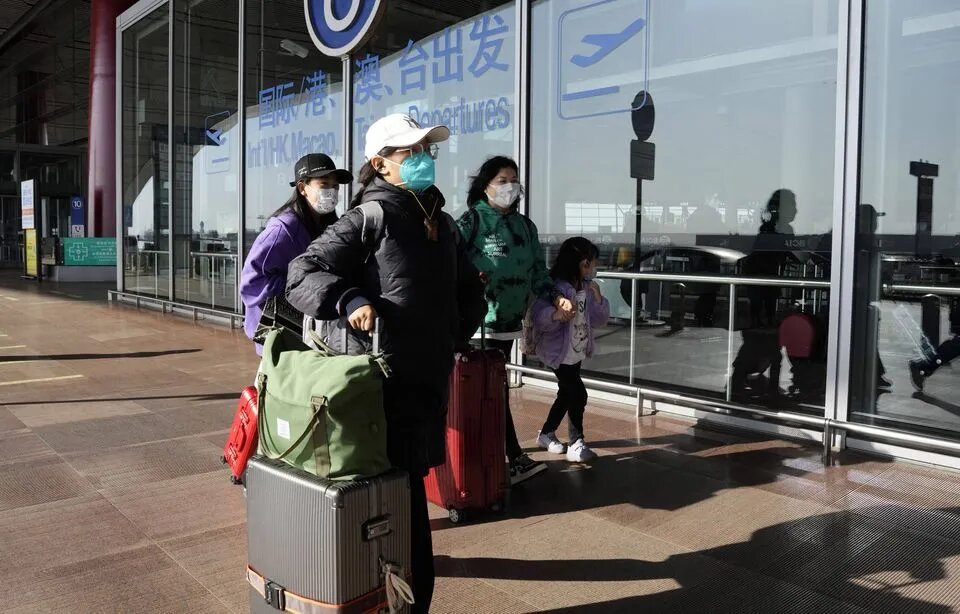Covid-19 in China: Meeting in Brussels on Thursday to Find a “Coordinated Approach” in the EU

EPIDEMIC: The aim is to “discuss with member states and EU agencies possible measures for a coordinated European approach”.
Like an air of deja vu. Three years after the first cases of Covid-19 in China, which were exported to the point of creating a pandemic, Europe wants to find a “coordinated” response to the epidemic outbreak affecting China. Since the relaxation of anti-Covid measures, the country has experienced an upsurge in the number of contaminations which worries other countries in the world .
The European Commission therefore convened a meeting on Thursday of the Ministers of Health of the Twenty-Seven to “discuss (…) possible measures for a coordinated approach” of EU states. The objective is to “discuss with the Member States and the European (health) agencies of the EU possible measures for a coordinated European approach”, she specified.
France “is closely monitoring the development of the situation”
The countries are waiting: the President of the Republic Emmanuel Macron has “requested appropriate measures for the protection” of the French from the government, which ensures “to follow very carefully the evolution of the situation in China “. Paris says it is “ready to study all the useful measures that could be implemented as a result, in conjunction with France’s European partners, and within the legal framework that exists today”. The European Commission should strive to prevent certain EU member states from going it alone by adopting restrictions at their borders without consultation, as at the very beginning of the pandemic in spring 2020.
At the beginning of December, on the recommendation of the Commission, the Twenty-Seven had agreed to remove all restrictions on entry into the EU for travelers from third countries and return to the pre-pandemic situation. While reserving, however, “an emergency brake”: the possibility of reintroducing restrictive measures “in a coordinated manner” if the epidemiological situation so requires. “ The BF.7 Omicron variant that is prevalent in China is already present in Europe and has not increased significantly there. However, we remain vigilant and ready to use the ’emergency brake’ if necessary,” the Commission spokeswoman said.
Enjoyed this? Get the week’s top France stories
One email every Sunday. Unsubscribe anytime.


